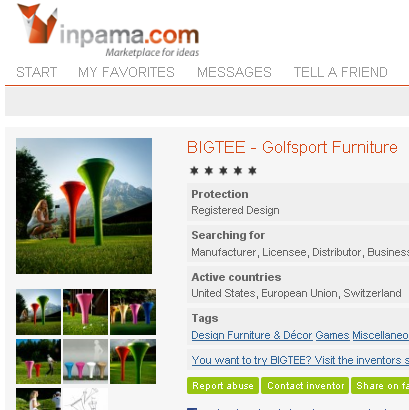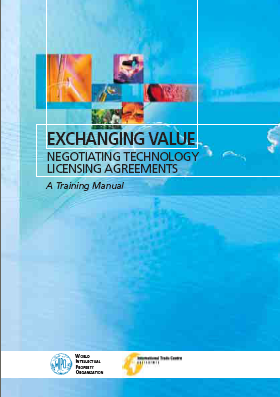Creativity is coming up with ideas, but innovation is bringing those ideas to life. Moreover, an invention is the creation of a new concept, but innovation is turning that concept into a commercial success. As Edison’s famous quote states, “genius is 1% inspiration and 99% perspiration” and this couldn’t be any more true, especially when converting knowledge into money. The following article gives you some ideas on how to proceed turning your idea into money.
You have an idea—what now?
When one has an idea the first step should always be to put it down on paper. In the current age, this page is likely a document on your computer. Over the next few days, your idea will change and expand as your thoughts become stronger and deeper. One can write down points which can be viewed as risks or questions that one has. When the idea is one that can be drawn, one should also produce an outline or sketch. Once your idea is on paper, develop a one-page description of your idea. The end result will create a document that can be shown to a good friend, a patent attorney, or to the patent office.
Patenting your idea
The most widely known proprietary law is a patent. A patent is a legal title which protects a technical invention for a limited period of time (usually 20 years). Moreover a patent prevents others from exploiting the invention within the countries for which the patent has been granted. An invention is patentable when it is:
- new
- commercially applicable
- non-obvious
The invention should be described on the patent application form in such a way that a specialist can understand it. A prototype is not necessary to apply for a patent. The typical lifespan of a patent lasts for 20 years. Fees are also higher if the patent is to be protected in a number of countries.
For further information regarding patenting, it is advisable to contact the patent office of the country you are based in (or wish to patent). An exhaustive link list of worldwide patent offices can be found here: http://blog.inpama.com/?page_id=2
From Patent to Market
Perhaps the most important fact to keep in mind when trying to sell your idea is that the right people learn about your idea. In this case, quality is more important than quality. Define who would be interested in your idea and search them out. You can find future producers or distributors in online company directories. Most companies are waiting for your request. Another useful way to find contact persons of large companies is to use online networks such as LinkedIn. Don’t be shy! Everyone in such a network is basically an open ear. Nothing happens by itself! Get people interested in your idea and send them to your site. There they can see what is on offer.

At every job interview or romantic date, presentation is everything. How does one convey the message that your idea is a good one? This, like in life, is often decided upon the first impression. Express yourself as simple as possible and as technical as necessary, to be equally interesting and understandable to technical and non-technical people alike. The description should be drafted so as to get an overview about what the invention is.
Keep the introductory text of your project page technically simple. Firstly explain what problem your invention solves. More often you do not have to convince just technicians but also marketers! A good photo and the first sentences of the idea description are crucial. One cannot assume that a prospective client will read three pages of text to understand the geniality of the idea. If the client is not interested by the second or third sentence, chances are s/he will move on to the next idea.
To keep your expectations as realistic as possible, here is a rough scale to guide you on what type and how many reactions you can expect. Depending on the quality of your covering letter as well as the target customers you choose, you can expect to receive 3 to 10 responses per 100 attempts. Most of time, you will not get refusals, but rather specific inquiries about prices, technologies, drawings, etc. Answer these questions quickly and thoroughly. A personal interview is particularly valuable. Of course, an inquiry is still no contract, however each inquiry could be just the one that helps bring your idea to the market.




